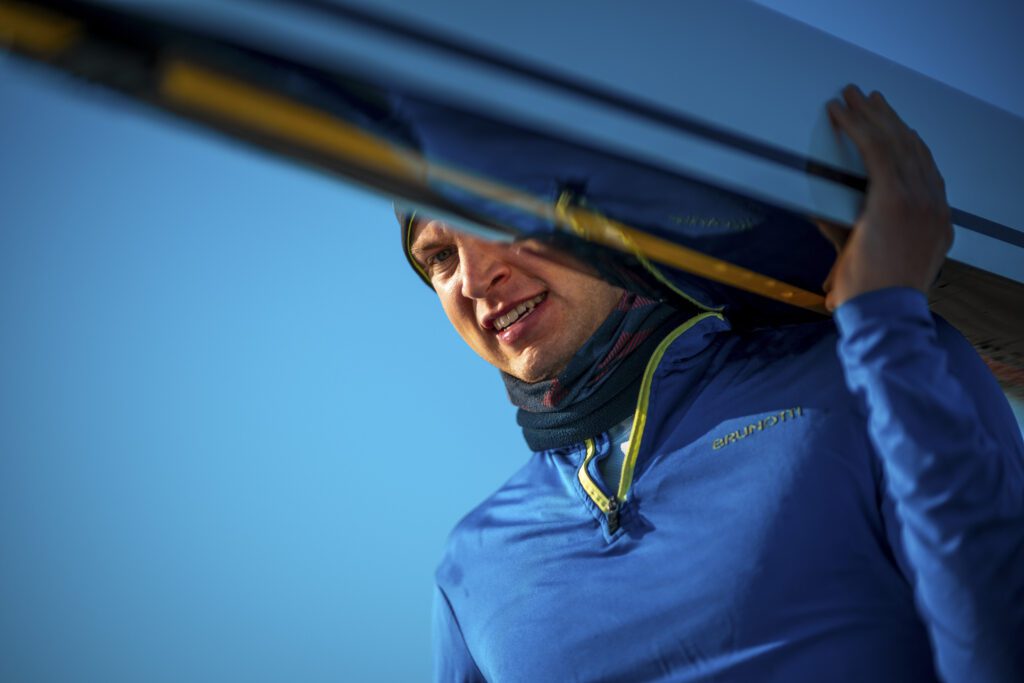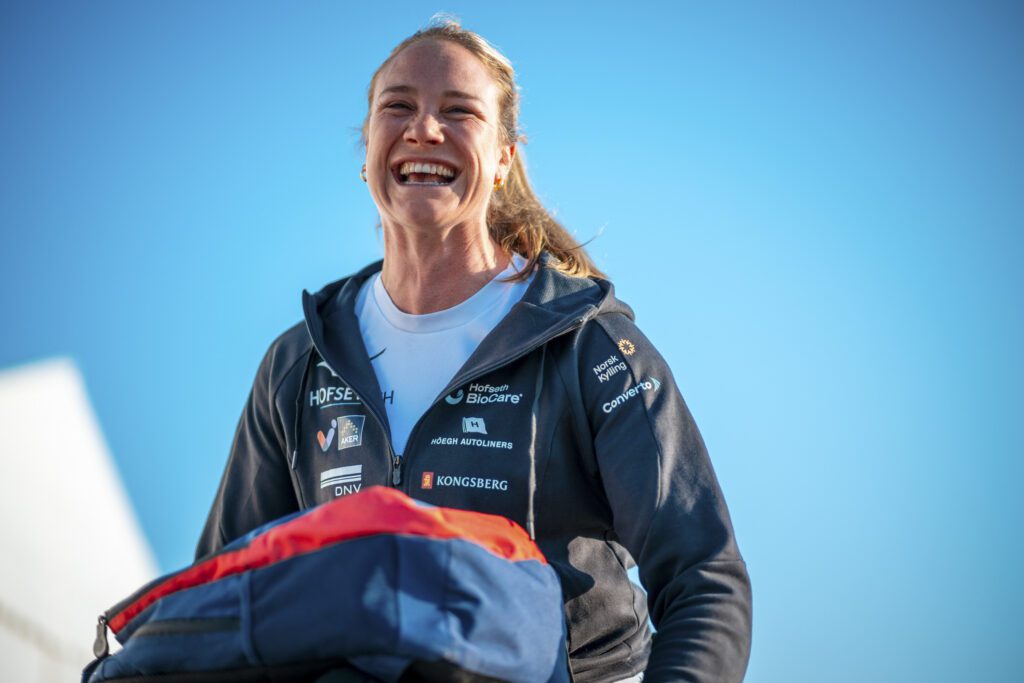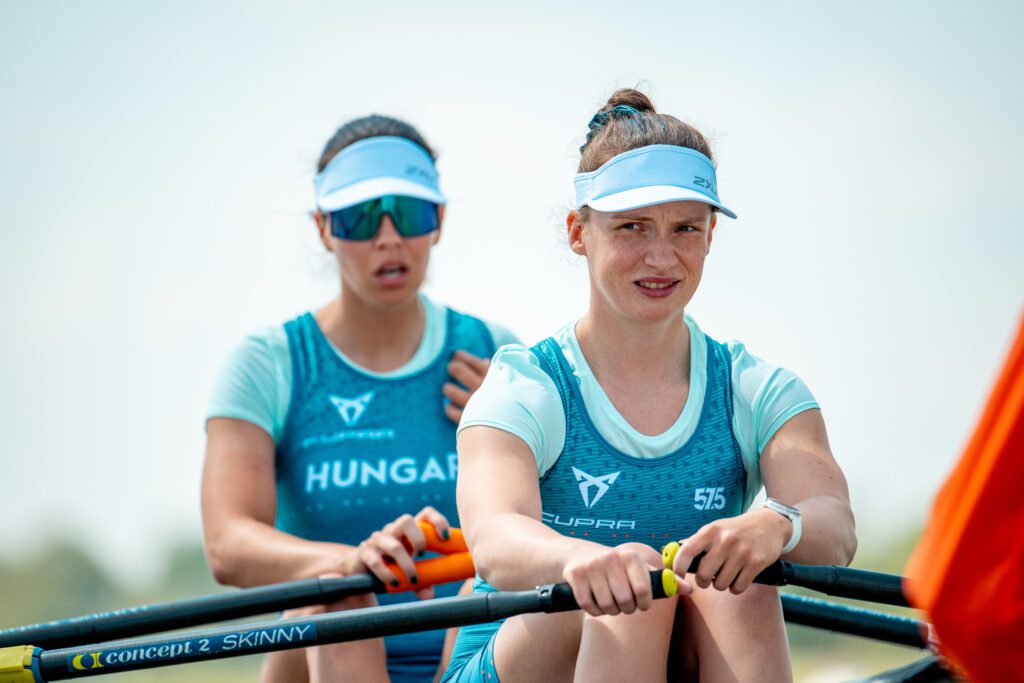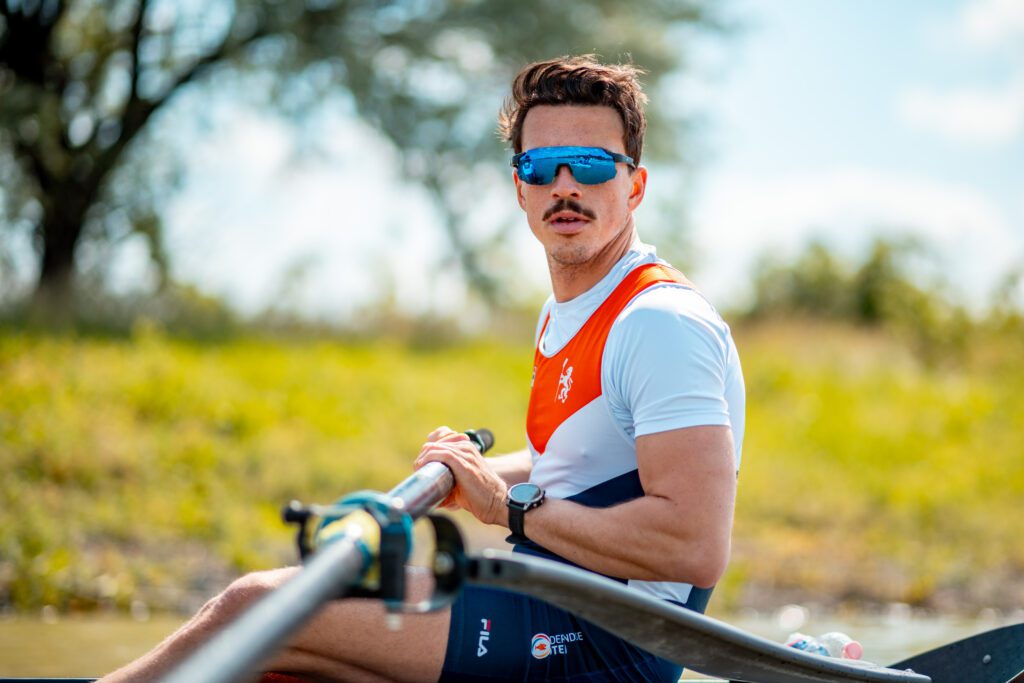The nurses at Reading Hospital could be forgiven for losing patience with the eleven-year-old Will Satch. They probably had sympathy for him when he was wheeled through the door – a concussed boy; black, blue and bleeding. But by the end of the week the nurses surely longed for a peaceful ward and suspected this loud-mouthed hyper kid brought about his own misfortune. Will admits he was far from a model student and his impulsiveness and short attention span frequently landed him in trouble. He was forever misbehaving and mucking about in class. After lessons he would “tear someone’s head off” on the rugby pitch, and sometimes off it too. His hot-headed outbursts stemmed from a pain pushed deep down inside and meant fights were frequent. One of which caused a delayed concussion and his prolonged stay in hospital.
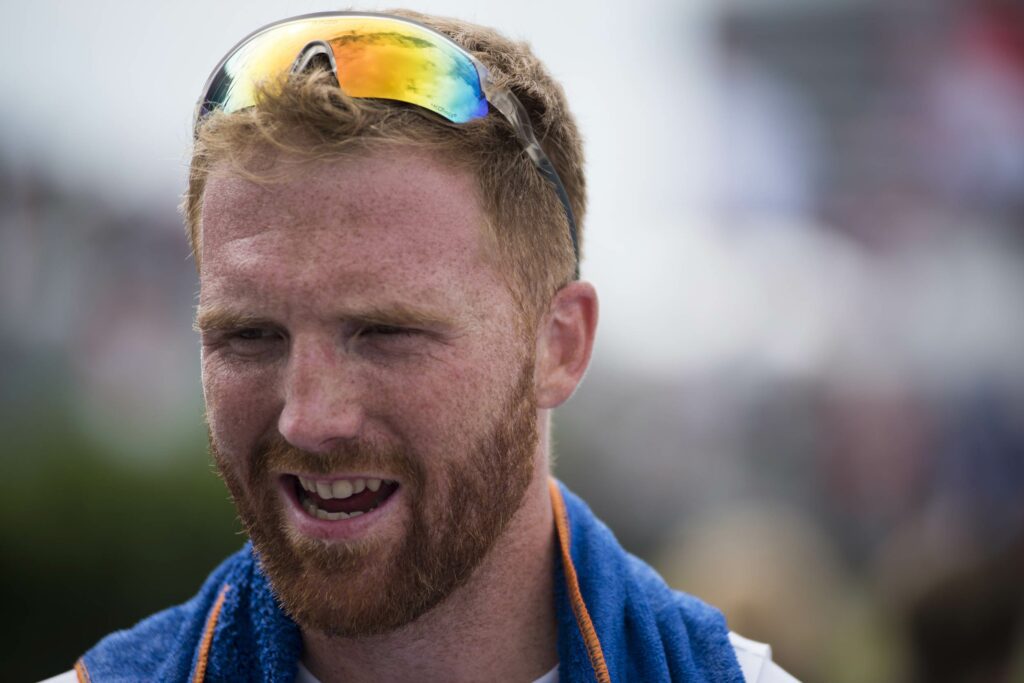
Photo Satch at the 2017 World Rowing Championships in Sarasota Florida.
Credit Benedict Tufnell
Never one suited to rest, Will was soon bouncing off the hospital walls. But what the nurses could not have known is the extent of Will’s turbulent home life or his as yet undiagnosed attention deficit hyperactivity disorder (ADHD). With his father recently incarcerated at Her Majesty’s pleasure, Will’s home life was devastated: the bruised boy would not see his Dad for eleven more years, not until he had become a young man and a Team GB oarsman on the cusp of his first baptism of Olympic glory.
Two decades on, Will is confronting another life changing moment as he retires from rowing and makes a new life with Dr. Zara Milne, his fiancé in New Zealand. Leaving behind the sport he loves and one that gave him the confidence to make his way in the world, Will has chosen a new direction. The Olympic gold medallist and triple World Champion discusses the ‘why’, the ‘what next’, and reflects on the highs and lows of a life chasing boat speed.
With athletically gifted parents perhaps it was inevitable Will would follow a sporting path. His 6-foot 4-inches Dad was a natural sportsman, playing rugby for the local second team. But it is his Mum, Sally, a former elite swimmer, who possesses a uniquely determined mindset and still runs and cycles regularly. She swam the English Channel at thirteen years old but will casually dismiss this remarkable achievement with a flippant if you can swim amile you can swim twenty-two or it is easy as a child, you don’t ask questions you just plod on. Will confirms his competitive spirit comes from his Mum, “she is ultra-competitive, if there is someone walking quicker than her on the other side of the street she’ll go faster to get in front!”
It was happenstance that Will found rowing. A volunteer coach at his rugby club was a member of Upper Thames Rowing Club and invited Will to try sculling. That summer Will and his double’s partner claimed their first trophy at a local regatta: “That boy was over six-foot tall – it wasn’t me pulling the boat along, but I definitely got the taste for it, I liked winning.” He enjoyed the individual aspect of the sport and stuck with it.
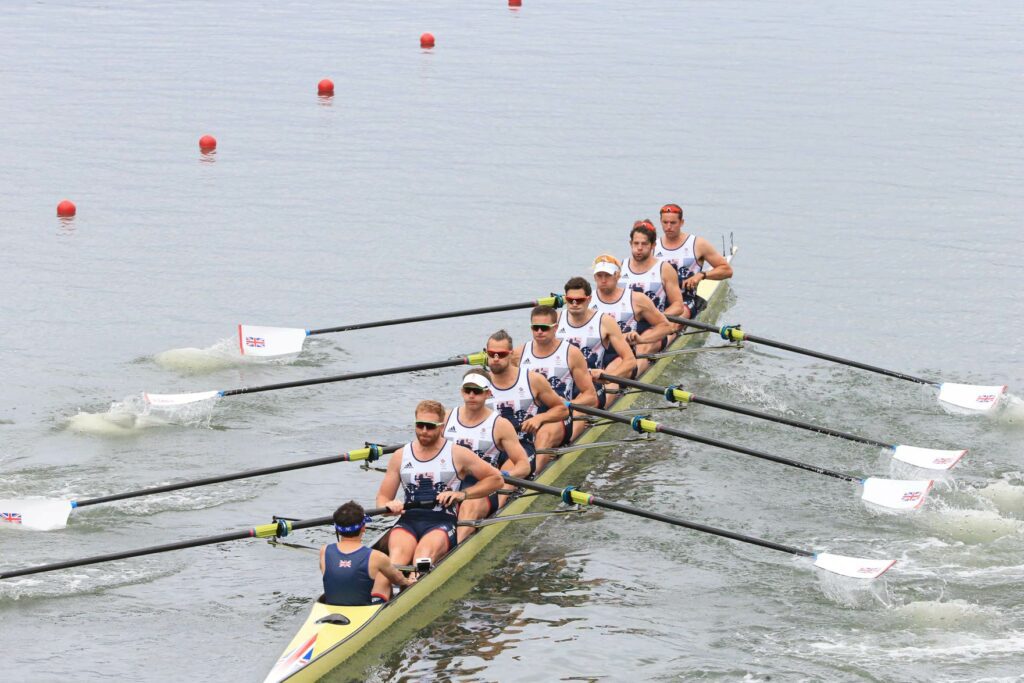
Photo Satch strokes the GBR M8+ to Rio gold in 2016
Credit Igor Meijer
Success on the rugby pitch led to a scholarship opportunity at the nearby fee-paying Shiplake College. It was an unexpected opportunity for a fresh start:
“Public school was never on the cards, not with my background and money was tight. By that point I was probably two years behind and I was getting really aggressive.”
Before arriving, Will was tested for ADHD. The results came back positive and the doctors suggested a course of Ritalin:
“Mum refused to let me take the drugs which was probably for the best but made her life very difficult.”
His new school offered rowing and Will found it helped him focus – the early morning mileage on the river had a mediative quality. Rowing boosted his self-esteem and embedded values that Will then applied in the classroom and in life.
“I couldn’t win by tearing into someone. With rowing I needed discipline to train hard. I achieved more by seven in the morning than most people did in the whole day and that gave me a lot of confidence.”
Two figures stand out as key influences: Former Olympic Champion Shane O’Brien was Shiplake’s P.E. teacher and became Will’s tutor during a tricky period. Will acknowledges, “I owe him a lot.” Athol Hundermark, the school rowing coach, was another influential figure that nurtured Will’s waterborne talents and was not afraid to lay down the law when necessary. Will remembers the South African spending hours rigging boats in the wooden shed: “He was very dedicated, a figurehead in the school and one of the reasons I liked rowing so much. He made me go after it.”
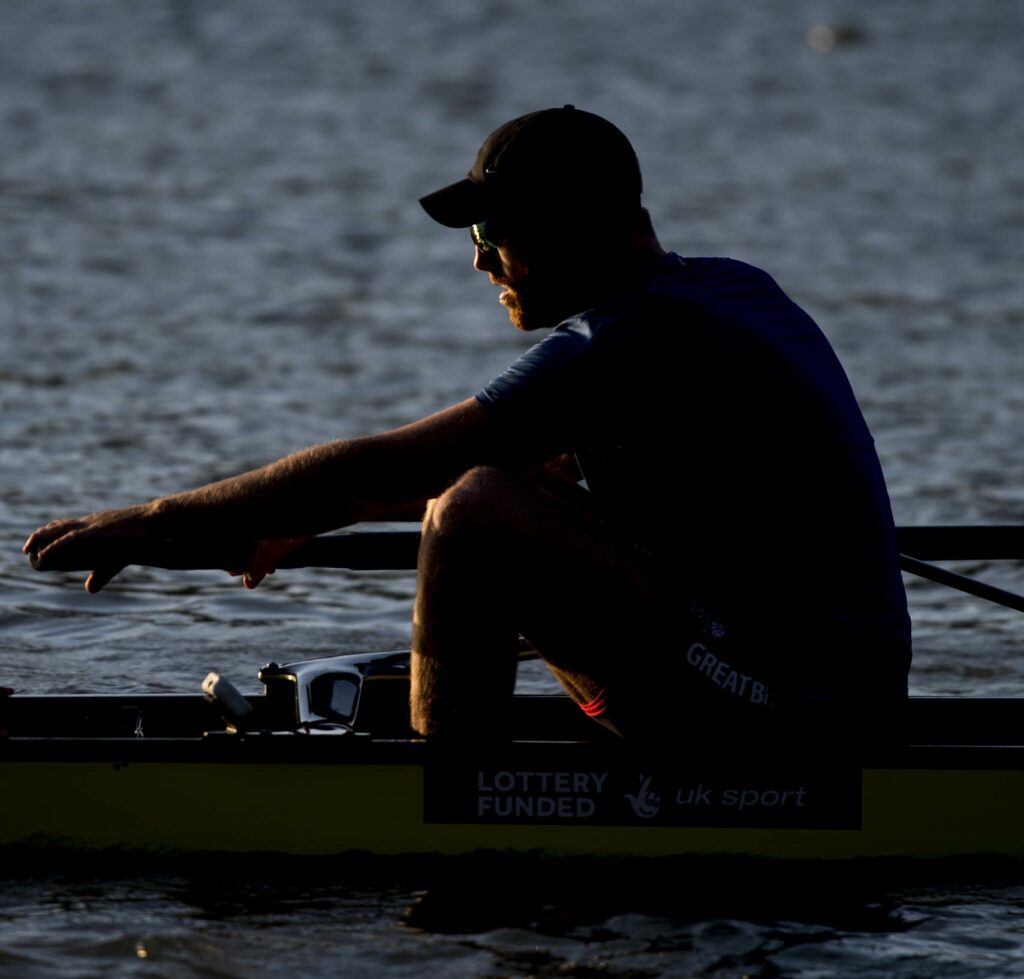
Photo Satch strokes the GBR M8+ in Plovdiv, Bulgaria at the 2018 World Rowing Championships
Credit Benedict Tufnell
By sixth form the rugby scholarship had become a rowing one and Will tried out for the Great Britain (GB) junior team. It was an inauspicious start to his future career as the selectors accused him of rigging seat races.
“I wasn’t cheating but I was really inconsistent – I’d either hook it up or I wouldn’t – so some races my boat would fly and others we’d be dead last.”
Scant success through his junior years fed Will’s hunger and drive to improve and ultimately instigated his rapid progression as a senior. Triple Olympic Champion Pete Reed says of Will:“He won a London 2012 Olympic bronze medal, stroking the men’s pair, before he was really in the Senior Team!” It was Pete Reed and Andrew Triggs-Hodge’s move to the coxless four that opened a space in the men’s pair. Olympic Champion George Nash remembers his first outing with Will in the pair:
“Will and I first got into a pair for one training session in November 2011. Right off the bat Will took it round the lake with a kind of controlled, aggressive enthusiasm that was hard not to get on board with. I think there were some particularly hot laps in that first session that averaged under 2:00 mins per 500 metres. About halfway through the session, we stopped at one end of the lake and Will turns round to me and says: I would bloody love to go to the Olympics in this pair. That seemed like a pretty emphatic thing to say in a team culture that was generally very guarded and it kind of meant something. When we jumped back in the pair after the team was selected in April 2012, we picked up right where we left off. Every stroke had a kind of infectious sense of fun to it that Will led, and I jumped on board with. When we got to the Olympics, we were waiting at the end of the warmup lake in Dorney before out semi final next to the US women’s eight. Everyone is pretty on edge. The Canadian men’s eight does a practice start going away from us really aggressively. Will turns around to me and says loudly: they could get a bit more neck on it couldn’t they? I’m cracking up at that while the US women glare at us with disapproval. Will always knows how to break the ice.”
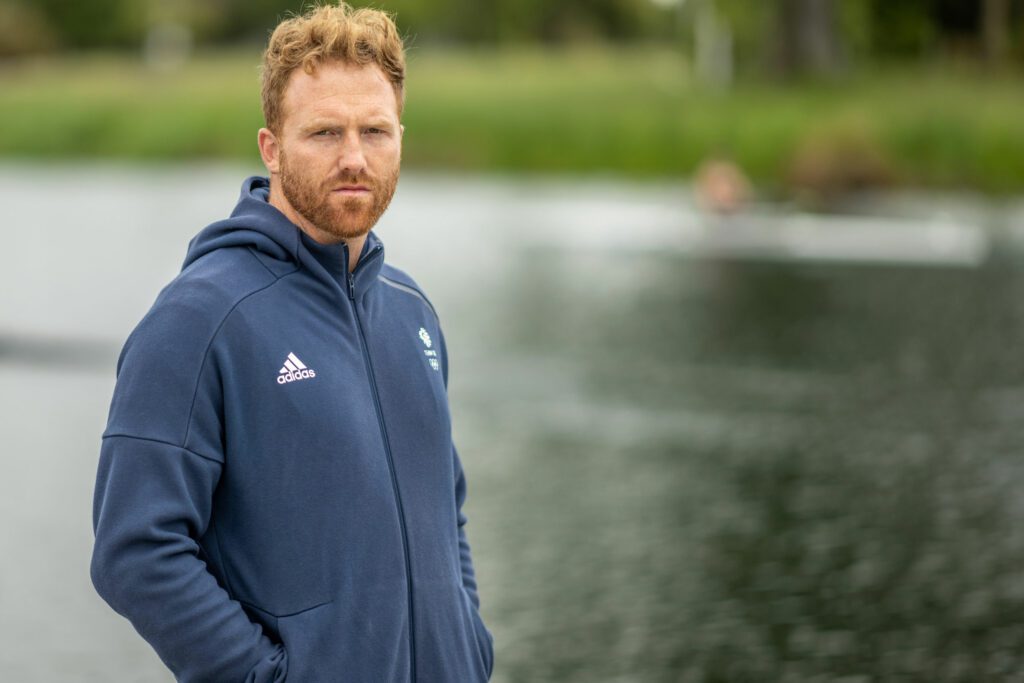
Credit Steve McArthur
Satch, too, has fond memories of the pair: the debut race in World Cup I at Belgrade being one of them. Raw and unpolished, the pair was still a work in progress but as George and Will powered down the course each stroke revealed an exciting fusion of talent and pace that seemed to stoke the energies of both rowers. They bagged a silver medal but what was more exciting was the promise what lay ahead.
London 2012 loomed large. The Olympic rowing venue, Eton Dorney Lake, was on the doorstep of his hometown and former schools. For Will, it was an opportunity to show how far he had come. Since Belgrade the pair had made progress. A beasting at altitude and a Portuguese finishing camp had sharpened their boat speed. The pair were poised to capture their Olympic dreams. The first race was the Heat.
“I wasn’t looking at the clock on the way down, I was just getting the race done. But at the end I checked the time, and it was 06:16. I know the Kiwis did 6:08 but we’d broken the old Olympic record. It was a nice confidence booster after spending the whole of altitude camp a few percent behind the team. The rest and recovery helped, and my hip was being a bit more obedient which was nice.”
An epic final saw them cinch the Olympic bronze and Will returned home a hero. In the winter he had an operation to repair his hip. Despite a lengthy rehabilitation period, Will raced his way back into the team. In 2013 at Chungju Will stroked the British eight to its first ever World Championship gold medal.
Chief Coach Jurgen Grobler prioritised the coxless four in 2014. Yet, Will’s tenacity and determination ensured the eight successfully defended their World title. The crew went through the repechage but delivered an incredibly aggressive performance in the final on the Bosbaan beating Germany and Poland who respectively took second and third place.
Should anyone require reassurance that Satch is a natural born racer possessing a ferocious competitive streak his reflections of the 2015 World Rowing Championships in Aiguebelette should suffice:
“We pipped the Germans which is actually better than winning by loads of distance. To be honest I crossed the line and thought they had it but who knew. Anyway, we still did them –cruel really, like rubbing salt in the wound. I loved it.”
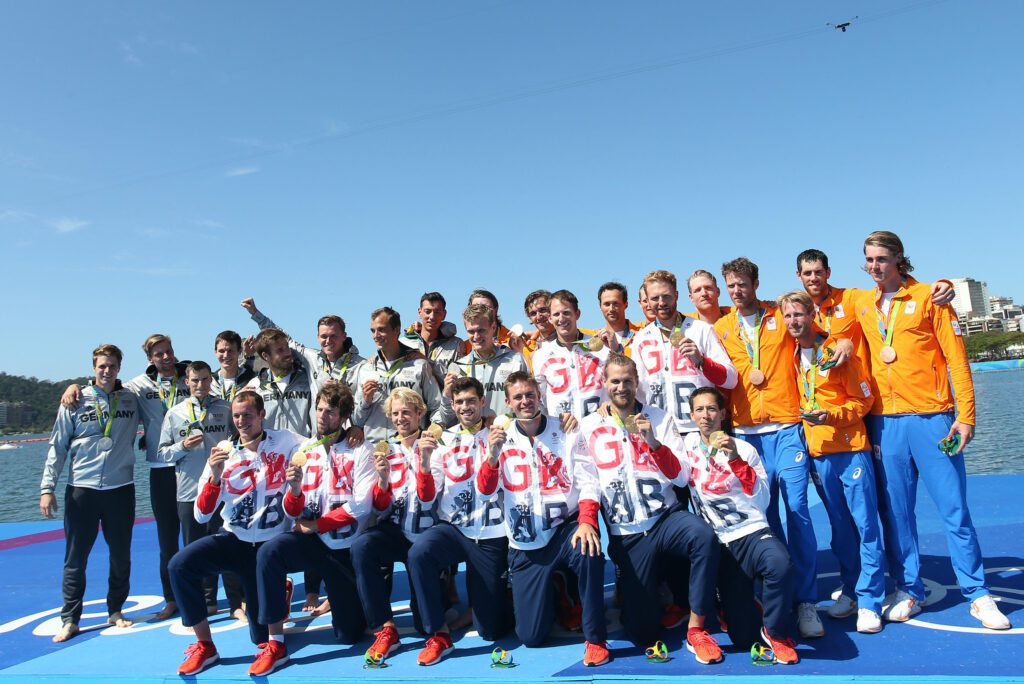
Photo Satch with teammates from the GBR M8+ on the podium in Rio
Credit Igor Meijer
It paved the way for the ultimate show down. Satch and the British men’s eight arrived in Rio de Janeiro as triple World Champions although troublingly the 2016 season had not yielded a single top spot finish at any of the international regattas and they missed the Lucerne World Cup podium entirely.
Cometh the hour cometh the man: Below Christ the Redeemer’s stony stare Will delivered the race of his life. Winning the Olympic gold medal to the delight of his Mum and future fiancé Zara and every other British fan in the grandstands as well as those cheering back home created memories for a lifetime.[Text Wrapping Break][Text Wrapping Break]“Being a length up at halfway in an Olympic final and getting it right when it really counted, that has to be my all-time favourite memory from my career. I am so proud of what we achieved that day. Awesome.”
Satch was awarded an MBE in the 2017 New Year Honours List after the Games for his services to rowing. He set his sights on Tokyo but the cumulative workload began to tell. In his third Olympic cycle Satch needed more major surgeries including an operation on his heart to correct a worsening case of atrial fibrillation, a hereditary condition that was disrupting his ability to perform on the water. And later in the cycle he had another surgery to reattach a tendon in his shoulder.
Last year Will came to the realisation that he no longer needed the sport in the same way he once had. Achieving everything he had dreamed of and more, the daily grind began to feel more like a burden than a privilege. When the opportunity to spend more time with Zara and coach rowing in New Zealand arrived it was too enticing to turn down.
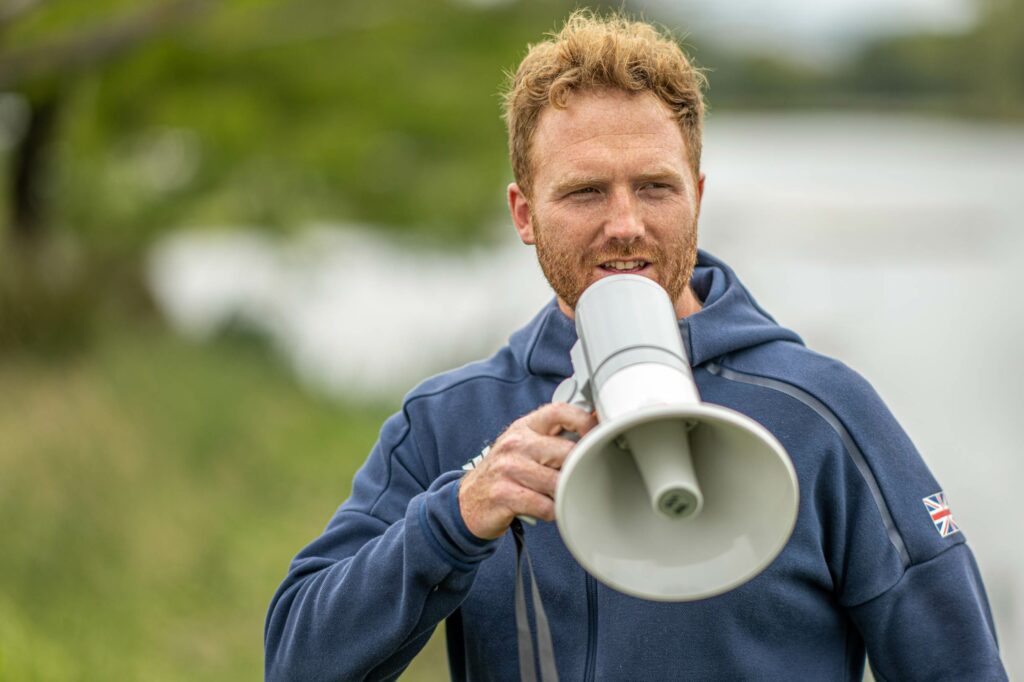
Photo Coaching the Kiwi schoolboys in Christchurch has reignited Will’s passion for the sport.
Credit Steve McArthur
“It was a tough call but with a delayed Games and finding it harder to motivate myself, I thought it was the right thing to do. I need time to recover physically and mentally.”
Coaching the Kiwi schoolboys in Christchurch has reignited Will’s passion for the sport. He enthuses over the technical improvements the boys have made and the training program he has masterminded. The satisfaction of sharing his wisdom with the next generation is clear to see.
“It is nice to be able to give something back to the sport that I love. It has given me so many opportunities I would otherwise never have got.”
It is pleasing to see the once lost and angry boy mature into a sporting figurehead and educator. As to the future, Satch wants to continue as a role model for young people and advocate the values of sport. On the possibility of an Olympic comeback, he laughs before answering with a rueful smile:
“I’ve hung up my oar… for now.”

